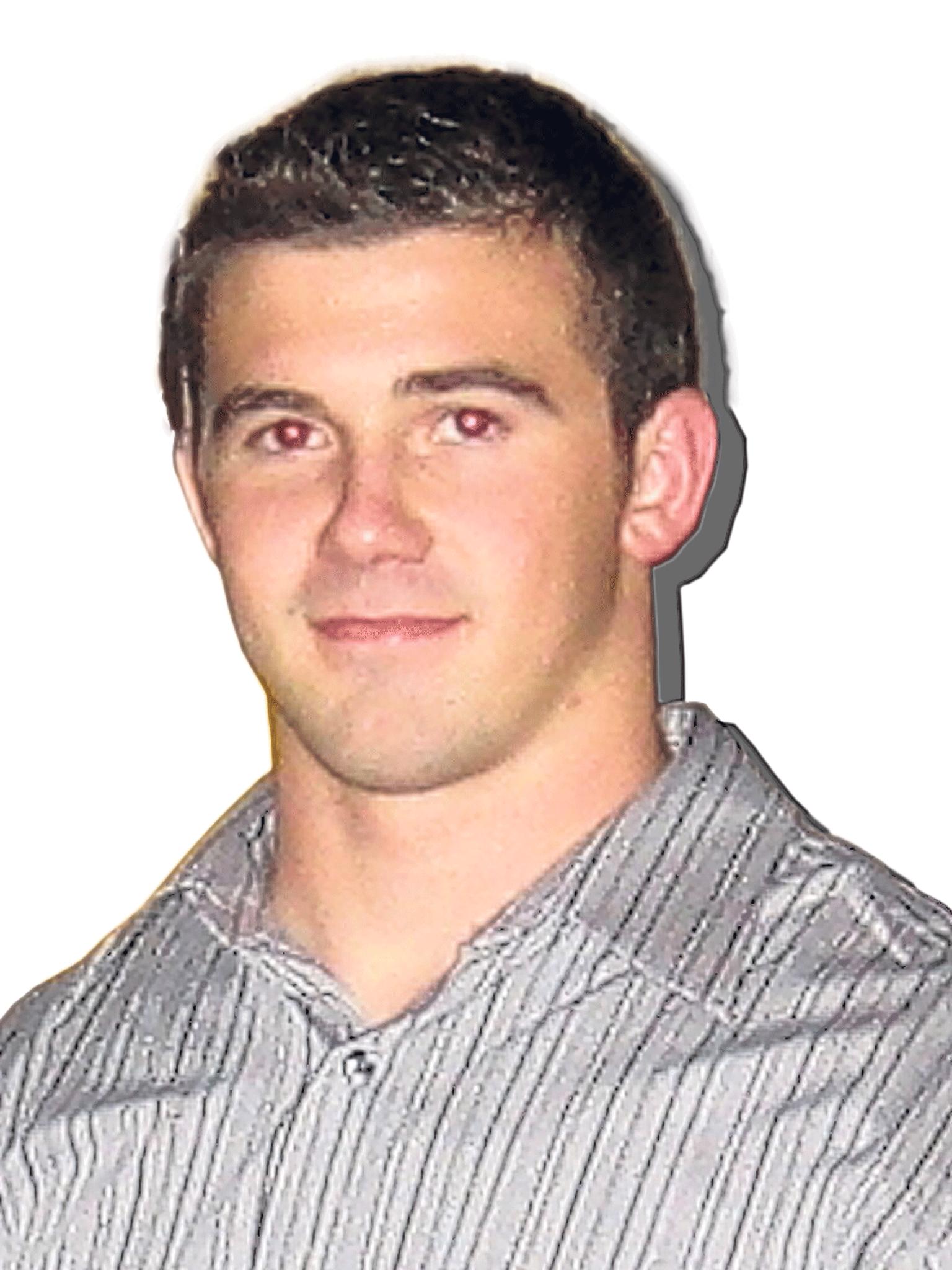Nicolas Checque: Soldier whose death raised awkward questions

The names of US, British or other military Special Forces rarely become known for obvious reasons. Unusually, however, US Navy petty officer 1st Class Nicolas Checque, 28, became almost a household name in the US after he was shot in the head in Afghanistan while trying to rescue a fellow-American kidnapped by the Taliban.
The hostage, volunteer aid worker Dr Dilip Joseph, was freed, but Checque did not live to know that. He was rightly billed as a hero but the rescue mission – to free a self-styled "faith-based" private aid worker – raised many questions for his military chiefs and, ultimately, his commander-in-chief, Barack Obama.
Checque was part of the élite Special Forces team known as SEAL Team Six, the unit which tracked down and killed Osama Bin Laden in Pakistan in May 2011. His team leaders, clearly concerned over possible terrorist reprisals against his family, would not comment on whether Checque was one of the men who stormed Bin Laden's compound but the Pentagon pointedly announced after his death that he had received the Bronze Star for heroism during a previous operation.
On 8 December Checque and his team, based near Kabul, received an order from General John Allen, commander of US forces in Afghanistan: "American held hostage: He is in immediate danger." General Allen made it clear that if the hostage – Joseph – were to be taken across the border into Pakistan, US forces might never find him, dead or alive. Kitted up with as many magazines of ammunition as they could carry, Seal Team Six, along with a team of Afghan commandos they had trained, huddled in helicopters until they reached a remote mountain location where, according to intelligence agents, Dr Joseph and two Afghan members of his aid team were being held. They later learned that the two Afghans, Malik Sahmad and Muhammad Haqbeen, had been released and that the kidnappers were demanding a ransom for Dr Joseph.
It was 3am local time on the Sunday when the helicopters landed and Checque and his team stormed a group of huts where Dr Joseph was believed to be held. Given the noise of their helicopters, the SEALs were fired upon, and returned fire. Checque was hit in the head. His unit moved on, killing five Taliban fighters and freeing Dr Joseph.
He and his freed Afghan colleagues worked for a group called Morning Star Development, based in Colorado Springs, Colorado, whose "strategic objective", according to their website, is to "assist the people of Afghanistan to rebuild their communities and lives through economic and community development initiatives." Some critics of the military operation called the group, which includes Christians and Muslims, "essentially a Christian fundamentalist group" and said similar groups had in the past been funded and infiltrated by CIA agents. The group strongly denied any such implications.
On one blog, a retired senior US Air Force officer wrote: "why are we risking the lives of our Special Forces personnel to rescue ... an evangelical team? [Why should] brave Americans risk their lives (and taxpayer resources) to bail their asses out when they go into tribal lands where they're not welcome and not requested, trying to spread their own brand of religion under the guise of charity work?"
Nicolas David Checque was born in Monroeville, east of Pittsburgh, Pennsylvania, in 1984. A keen American football player, swimmer, runner and wrestler, he had told his teachers at Norwin High School in North Huntingdon that his ambition was to become a Navy SEAL. He maintained an unfashionable, cropped military-style haircut at school and was into his senior high school year when the 9/11 attacks occurred, an event, he later said, which focussed his ambition.
Told that Navy SEALs required 20/20 vision, he insisted on corrective eye surgery while still a teenager. In 2002, at the age of 18, he enlisted in the Navy, where his physique, athleticism and "focus" won him a coveted place the following year in the SEAL training programme, first in Illinois and later in Virginia. Last summer, just before being sent back to Afghanistan, his commander brought him and fellow SEALs to visit the 9/11 memorial site in New York as a reminder of their mission.
As with Britain's SAS and Special Boat Service, his "job" was kept secret, even from many of his family, but friends believe he joined the Navy's Special Warfare Development Group, commonly known as SEAL Team Six, in September 2008. According to US Defence Department records he was "assigned to an East Coast-based Naval Special Warfare unit", apparently based in Florida. He served in Iraq before Afghanistan.
After Checque's death, President Obama said: "Our special operators in Afghanistan rescued an American citizen in a mission that was characteristic of the extraordinary courage, skill and patriotism that our troops show every day. Tragically, we lost one of our special operators in this efforts. He was heroic and dedicated. He gave his life for his fellow Americans, and he and his team-mates remind us once more of the selfless service that allows our nation to stay strong, safe, and free." Nicolas Checque was unmarried. He is survived by his parents and two sisters.
Nicolas David Checque, US Navy SEAL: born Monroeville, Pennsylvania, United States 1984; died Afghanistan 9 December 2012.
Join our commenting forum
Join thought-provoking conversations, follow other Independent readers and see their replies
Comments
Bookmark popover
Removed from bookmarks